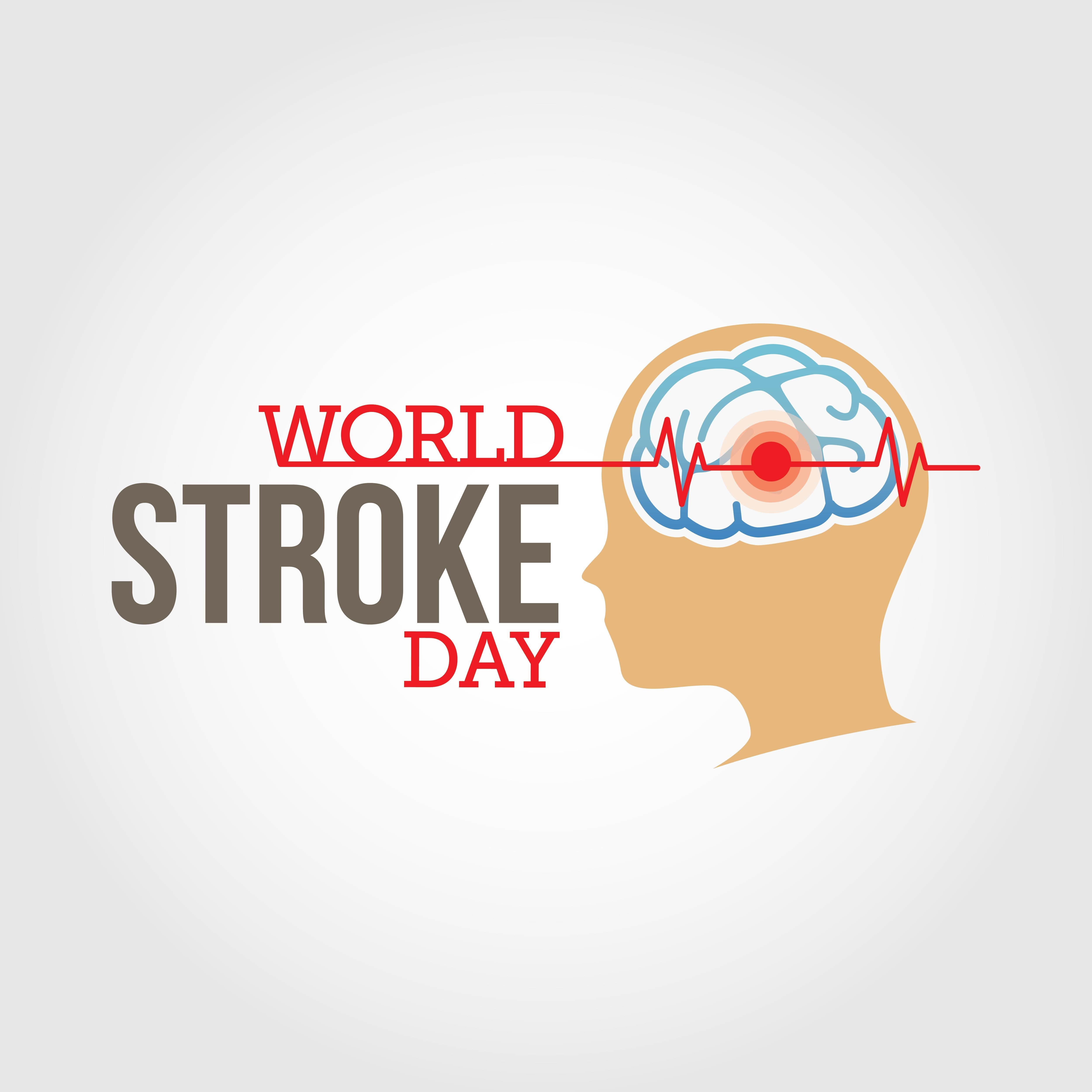In recognition of World Stroke Day, I want to share some lessons I learned during a previous lifetime when I worked alongside people with aphasia (PWA) in an aphasia research lab.
After I graduated from Temple University with my B.A. in linguistics, I worked for two and a half years in an aphasia research and rehabilitation lab alongside some leading researchers in the field of aphasia and speech pathology.
I can use many words to describe my time in the lab; words like, fun, surprising, stressful, and educational are a few that come to mind first, but if I really think about it, ultimately my time in the lab was a truly rewarding experience.
Not only was the experience the start of my budding career using my linguistic skills in some aspect of healthcare, but I had the opportunity to work one-on-one with people who had many different types of aphasia – everything from mild, semantic anomia, to very severe Wernicke’s aphasia. Each of our research participants taught me not only about their condition, but about how I can open my heart to people.
To celebrate World Stroke Day, I would like to share some of the lessons I learned working with these individuals.
Lesson One: Compassion
Working hands-on with our participants on a weekly, sometimes daily basis, taught me a lot about human resilience and how far a little compassion goes. One of my favorite participants was a man who had been working with the lab since maybe the early 1990s. His aphasia manifested itself in a mix of severe production difficulties, as well as some comprehension challenges, but we developed a close friendship both in and out of the lab. You could tell the favorite part of his day was sitting for an extra 10 minutes after his session to talk about a movie he just saw or whatever was on his mind. From these interactions, I learned that sparing 10 minutes of my time to listen to someone who probably isn’t frequently listened to can lead to the warm, lopsided smile he’d give me. Those 10 minutes were beyond worth it.
Lesson Two: Humor
This may be one of the more surprising lessons I learned while working with our participants, but I learned how important it is to keep a sense of humor, even when life goes a completely different direction than you expect. A running joke we had was dealing with one participant’s outgoing voicemail message. We could never tell if he was playing that old “Hey…Hello?…Oh, Hi!… Yeah, how are you… I’m okay, how’s things…” before the beep came on, making you realize that you’d been talking to a machine the entire time. He knew the confusion this message caused us and his other speech pathologists, and I think his purposefully misleading voicemail was a way for him to take back some of the power he lost after his stroke. After all, he was only in his early 40s when his stroke happened. I could also tell you about the other participant who made me literally cry from laugher at his rendition of the Cookie Theft image on the Boston Diagnostic Aphasia Examination, but that may be better for a part 2.
Lesson Three: Patience
Anyone who has cared for or worked with someone with aphasia, it’s obvious that you need an extra-level of patience. These patients often have trouble comprehending speech, as well as producing it. I learned not to rush through interactions and I took special care not to speak for the patients unless absolutely necessary. Instead, I learned that sometimes it’s better to wait an extra 30 seconds before stepping in with the correct word, or providing only the smallest phonemic queue when they get stuck. As someone who adores language as much as I do, I can’t imagine the frustration I’d feel struggling to speak my native language like it’s a foreign one. But in a way, that frustration can result in improvement. Empowering our participants to have ownership with their end of a conversation may be a struggle for both of us, but in the end it’s necessary.
As someone who only worked with PWA for a short time, my heart and respect truly go out to individuals who work with this patient population on a daily basis! It is such an important area of work, and one that deserves recognition.
On this World Stroke Day, I, along with the entire American Nurse Today team, would like to hear your experiences working with patients who have endured a stroke.
For more information on aphasia, please visit the National Aphasia Association. Additionally, American Nurse Today and Cardinal Health recently hosted a webinar about Venous thromboembolism (VTE), which is a related blood-clot condition (though cannot cause a stroke) which may be of interest to our readers.


















